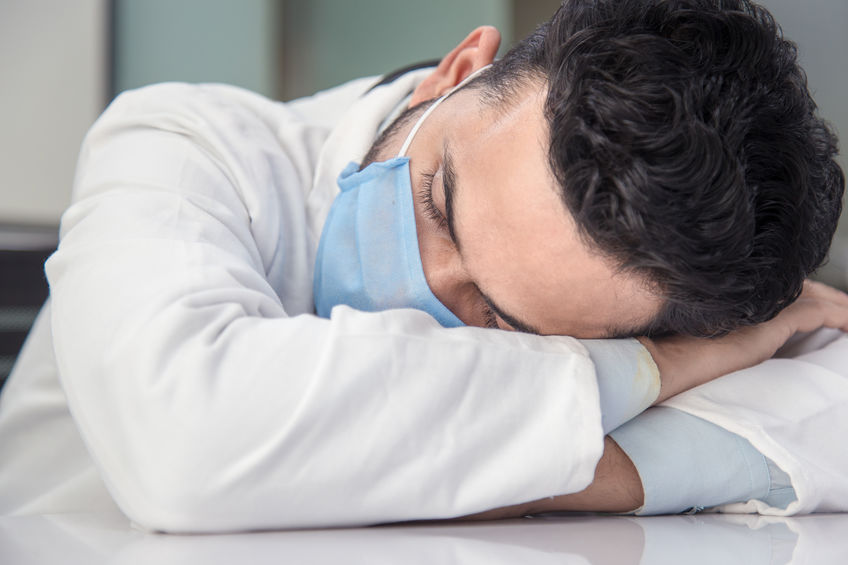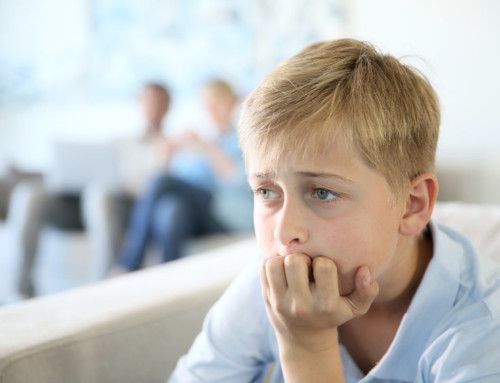The pandemic has been around for over nine months, with no signs of letting up. We have our good days and bad days. Now our holiday plans need to accommodate a new unwelcomed guest: COVID-19. We miss our family and friends. We miss hugs. With the virus spreading and death rates climbing, it’s hard not to feel anxious, stressed, and depressed.
Last spring, the fight against the Coronavirus began as a sprint. by mid-March, the CDC recommended that we conduct no gatherings of fifty or more people, including weddings, sporting events, concerts, and more. We experienced our first school closures. State and federal guidance went on to recommend personal safety measures that included regular hand washing, use of face masks, and a social distancing of six feet. People began to stockpile such necessities as toilet paper, paper towels, sanitizer, rice, noodles, soup meat, milk, and eggs. Many store shelves went bare.
As the weather warmed, we went outside. We took walks. We rode our bikes. Kids played in the parks. Restaurants opened for service on outdoor patios. COVID-19 seemed a more of a distant threat, even with expert warnings for us to stay vigilant. By June, things began to feel normal. As the summer
progressed, we could almost believe that the pandemic might be behind us. Come September, the schools opened with varying combinations of in person and virtual classes. Restaurants continued to serve, either outside, or at a reduced capacity inside. Professional and some college sporting events
began their seasons, albeit within empty stadiums. Within the normalcy it was easy to fall into complacency.
Now in the midst of the holidays, we’re faced with an exponential increase in COVID cases across the country. The summer hopes have faded, and we appear headed for more closures, more disruption in our daily lives, and more upheaval. What makes matters worse is we’re already nine months into the
pandemic. The thought of reverting back to last spring’s restrictions, or possibly worse, is a terrible burden to bear. It’s as if we spent lots of time and effort to land a new job, only to be let go after a precious few months of employment. The thought of having to restart the whole process is
overwhelming, causing more stress and anxiety than what was experienced the first time around.
COVID-19 impacts our lives in so many ways. Beyond the physical damage and possibility of death, it also has a negative impact on our social and economic well-being. It disrupts the way we work, the way our children are educated, and the way we care for those in our lives who can’t care for themselves. All of this can be sources of great anxiety, stress, and depression, particularly as time drags on. COVID Fatigue sets in, characterized by having less energy and wherewithal to overcome new obstacles. As the challenges continue to grow during this most dangerous timeframe of the pandemic, we’re called upon to double down, to be all the more vigilant compared to our efforts in the spring, while at the same time feeling the exhaustion of having already dealt with COVID for way too long. More than ever we need to care for ourselves, and our loved ones:
- Taking Care Of the Body – Eating healthy foods, exercising, getting sufficient sleep, avoiding excessive alcohol or drug use.
- Staying Connected – Maintaining connections by phone, online, or videoconference, even as in-person connections might not be possible
- Treating Yourself – Setting aside time to do the things most enjoyed, be it hobbies, reading, sports, or entertainment.
- Staying Appropriately Informed – Keeping up to date on the events that impact your life, while avoiding too much exposure which can cause even more anxiety.
- Seeking help – taking note of symptoms that would suggest a need for help:
- Changes in mood, appetite, energy, activities, and sleep
- Difficulty in making decisions or concentrating
- Worsening of underlying health issues
What started as a sprint is now a marathon. And just as runners ‘hit the wall’ towards the end of a race, many of us are feeling the fatigue and negativity that comes near the end of a long challenge. It helps that there is hopeful news of vaccines, which are expected to become available in the next few months. In all likelihood, our lives will return to normal by next spring or summer. Until then, our focus is to minimize the danger and persevere by fighting through the COVID fatigue.
How to Start the Healing
Beginning the process is easy. Learn more about our Providers (Click Here).
For Teletherapy details (Click Here) or Teletherapy instructions (Click Here)
Call us at 952-224-8990 to make an appointment.






